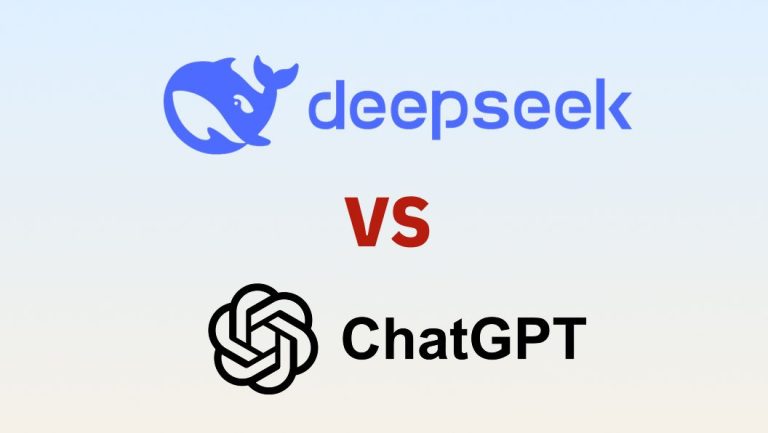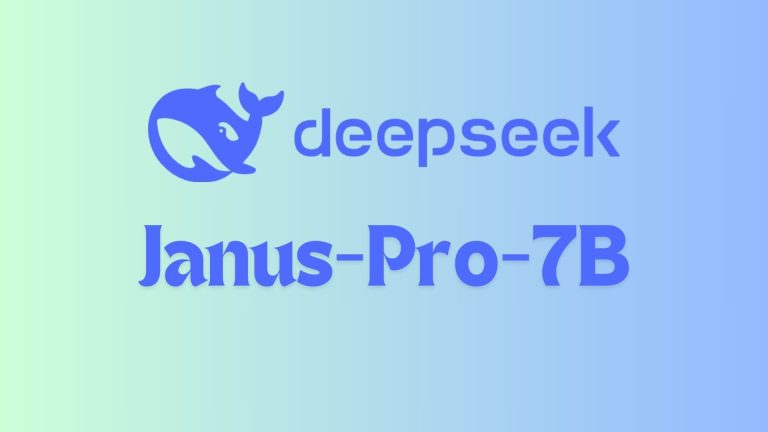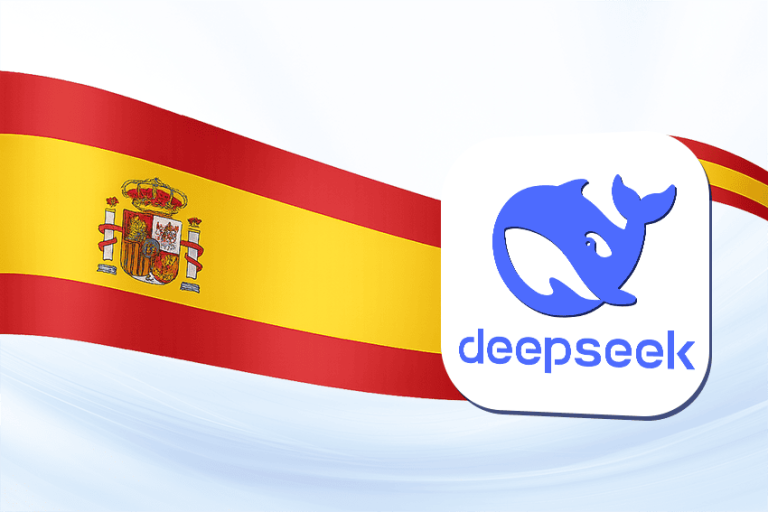Deep-seek.chat is an independent website and is not affiliated with, sponsored by, or endorsed by Hangzhou DeepSeek Artificial Intelligence Co., Ltd.

Is DeepSeek Safe?
DeepSeek AI has rapidly become one of the most influential open-source large language models (LLMs) in the world. As adoption grows, users understandably have questions about the safety and privacy of their data when interacting with DeepSeek. This guide provides clear answers about the security practices, privacy standards, and ethical considerations inherent to DeepSeek.
How DeepSeek Protects User Data
DeepSeek is built with user privacy at its core. The following measures outline DeepSeek’s comprehensive data protection strategy:
- Data Minimization: DeepSeek collects only the minimal data necessary to provide and enhance user experience. No sensitive personal data beyond what is essential for operation is required.
- Encryption: All communications with DeepSeek’s servers are protected using end-to-end encryption (TLS), ensuring your interactions remain secure.
- No Unconsented Data Training: DeepSeek does not utilize your private interactions to retrain or enhance its models without explicit permission.
Security Standards and Compliance
DeepSeek adheres strictly to international best practices for cybersecurity:
- Regular Security Audits: DeepSeek undergoes regular, independent security evaluations and penetration testing to proactively identify and mitigate vulnerabilities.
- Compliance: DeepSeek’s infrastructure complies with key international standards such as GDPR, ensuring robust data protection and privacy for all users globally.
Transparency and Trust
Trust and transparency are foundational principles at DeepSeek. The company takes proactive measures to build and maintain user trust:
- Open-Source Code: DeepSeek models are openly available, allowing independent verification by developers and security experts worldwide.
- Clear Privacy Policies: DeepSeek provides clearly stated and easily accessible privacy policies to ensure users understand exactly how their data is handled.
- Ethical AI Use: DeepSeek is committed to responsible AI deployment, actively addressing potential ethical issues, biases, and misuse.
User Control
DeepSeek prioritizes user autonomy in controlling their data:
- Data Deletion Requests: Users can request complete deletion of their interactions and associated data at any time.
- Explicit Consent: Features requiring data collection or retention always clearly request explicit user consent.
Handling Sensitive Information
Users are advised to exercise standard caution when sharing sensitive information:
- Avoid Sharing Confidential Information: Despite rigorous privacy measures, users should refrain from entering highly sensitive personal, financial, or proprietary information.
- Built-in Safeguards: DeepSeek includes automated safeguards designed to detect and warn against sharing potentially sensitive information inadvertently.
Commitment to Continuous Improvement
DeepSeek is continuously improving its privacy and security measures based on emerging technologies, user feedback, and industry standards:
- Regular Updates: Security practices and privacy measures are updated frequently in response to new threats and technologies.
- User Feedback Integration: DeepSeek actively solicits and incorporates user feedback on security and privacy practices, enhancing transparency and trust.
Conclusion
DeepSeek AI’s commitment to privacy, security, transparency, and ethical practices ensures that users can confidently utilize its capabilities. By adhering strictly to international standards, providing comprehensive user controls, and maintaining open-source transparency, DeepSeek demonstrates its dedication to user safety and trustworthiness. Users engaging with DeepSeek can be assured of a secure, reliable, and privacy-respecting experience.



